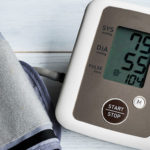Dehydration is a serious concern, especially during the colder months, as it can increase the risk of heart attacks. It is important to be mindful of our water intake as the body’s fluid levels directly impact blood circulation. When dehydrated, the body compensates by increasing heart rate to ensure smooth blood flow, putting extra strain on the heart.
1 Why Does Dehydration Increase the Risk of Heart Attacks?
Dehydration leads to reduced blood flow in the body. As a result, the heart has to work harder by beating faster to compensate and maintain smooth blood circulation. This extra strain on the heart increases the risk of heart attacks.
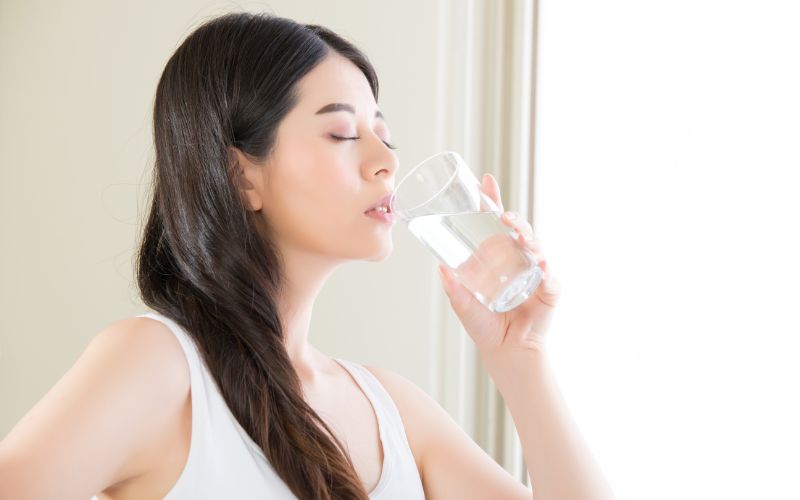 The link between dehydration and heart health
The link between dehydration and heart health
2 6 Tips to Increase Water Intake During Cold Weather for Better Cardiovascular Health
Include Fruits and Vegetables
There are plenty of water-rich fruits and vegetables to choose from during the colder months. Aim for a variety, including , , , , , , , , , and more. Try to consume at least 3 servings of vegetables and 2 servings of fruit daily.
Drink Warm Water
Opt for warm water during cold weather to soothe your throat. Avoid extremely hot or cold water, as it can irritate the throat.
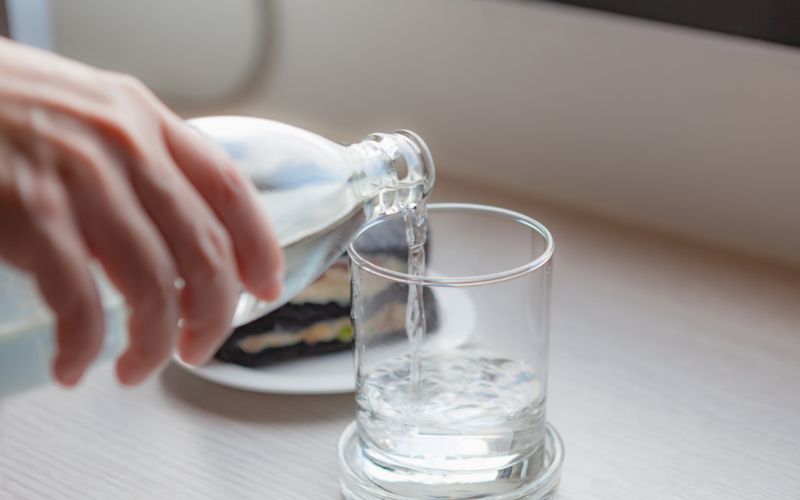 Warm water is ideal during cold weather
Warm water is ideal during cold weather
Avoid Tea and Coffee
While a warm cup of tea or coffee may seem appealing on cold days, these beverages are diuretics. They can increase urination, leading to dehydration.
Include Soups and Fruit Juices
Incorporate soups and fruit juices into your daily diet. Opt for soups containing , pumpkin, and other water-rich vegetables.
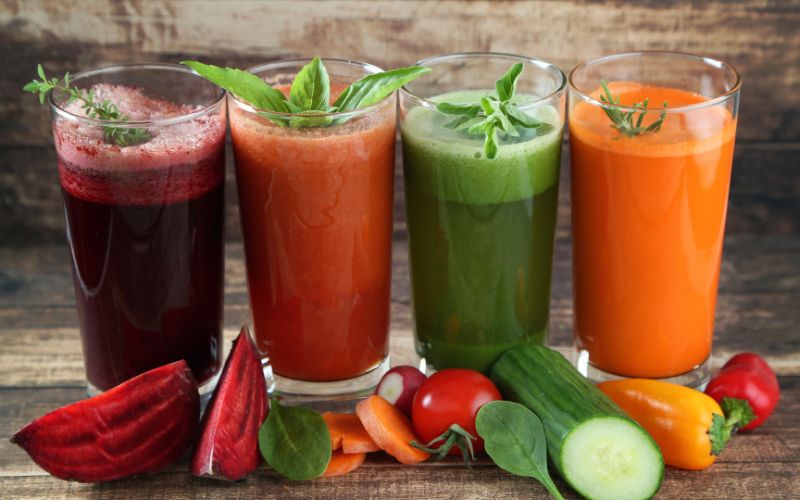 Soups and juices are a great way to stay hydrated
Soups and juices are a great way to stay hydrated
Exercise
Don’t let the cold weather deter you from physical activity. Aim for 45 minutes of daily exercise, and remember to carry an electrolyte-rich water bottle to stay hydrated.
Set Water Reminders
If you tend to forget to drink water, utilize water reminder apps on your phone. Alternatively, set alarms or reminders to ensure you’re drinking enough water throughout the day.
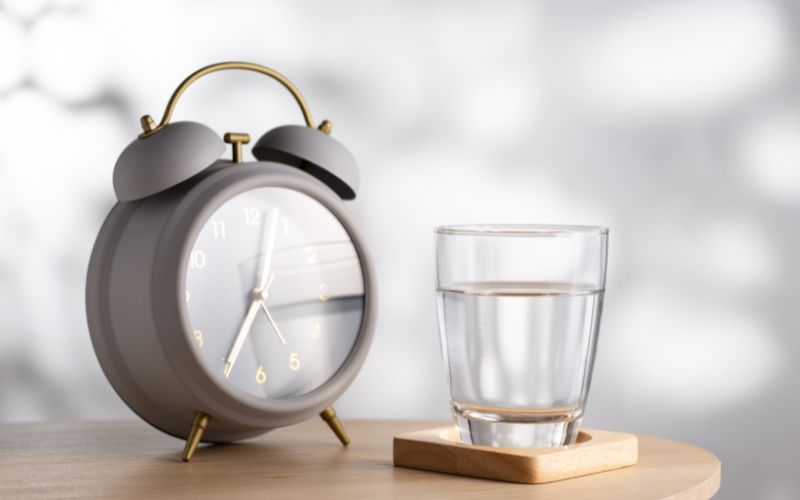 Use reminders to stay on track with your water intake
Use reminders to stay on track with your water intake
3 How Much Water Should You Drink During Cold Weather?
The amount of water needed varies from person to person and depends on various factors. Generally, it is recommended to aim for 2-2.5 liters of water daily, with women aiming for 2.16 liters and men for 2.96 liters.
To ensure proper hydration during cold weather, consider the following:
- Carry a reusable water bottle to remind yourself to drink enough water throughout the day.
- Opt for warm beverages to stay cozy and hydrated.
- Prioritize water-rich foods to increase your fluid intake.
- Monitor your urine color. A light yellow color indicates adequate hydration, while a darker yellow or amber color suggests dehydration.
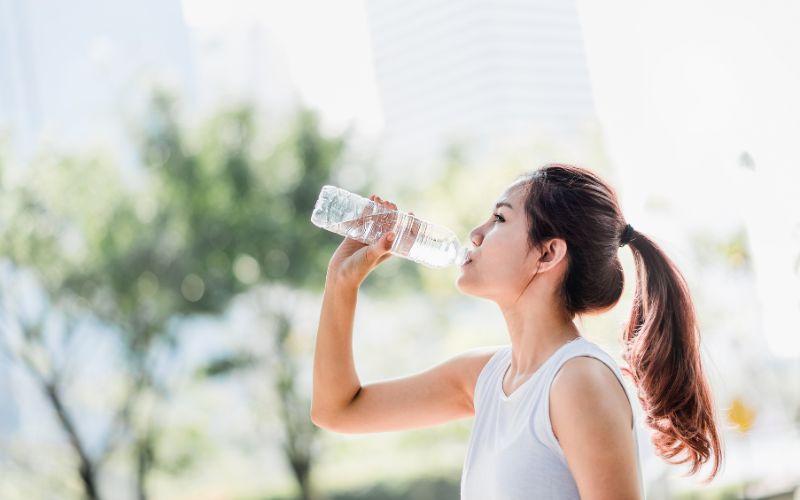 Staying hydrated during cold weather
Staying hydrated during cold weather
These tips will help you increase your water intake during cold weather, benefiting your cardiovascular health. Take care of your health and stay hydrated!
Source: Health and Life Newspaper





























